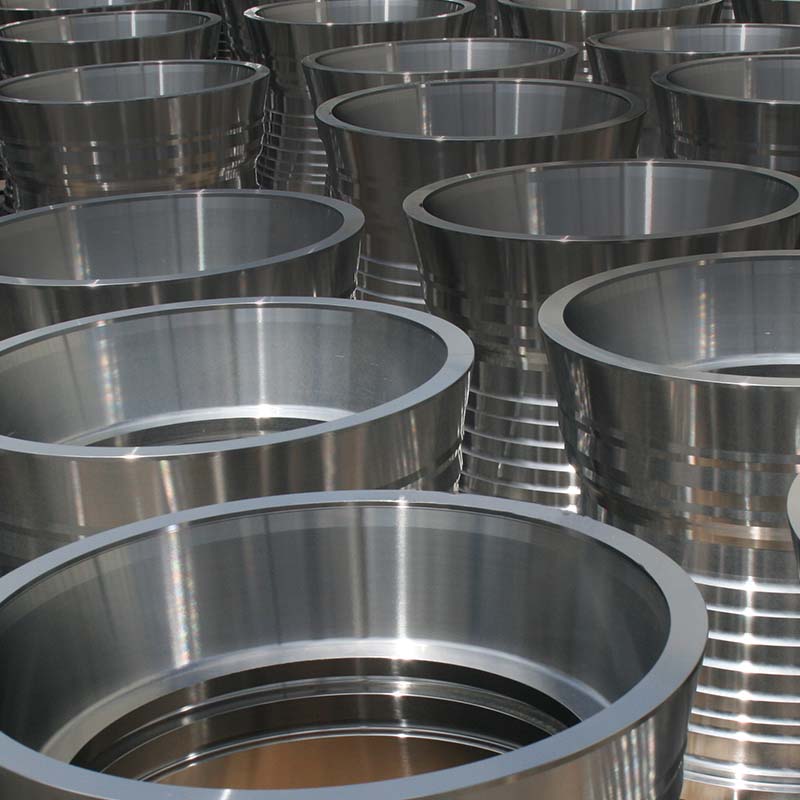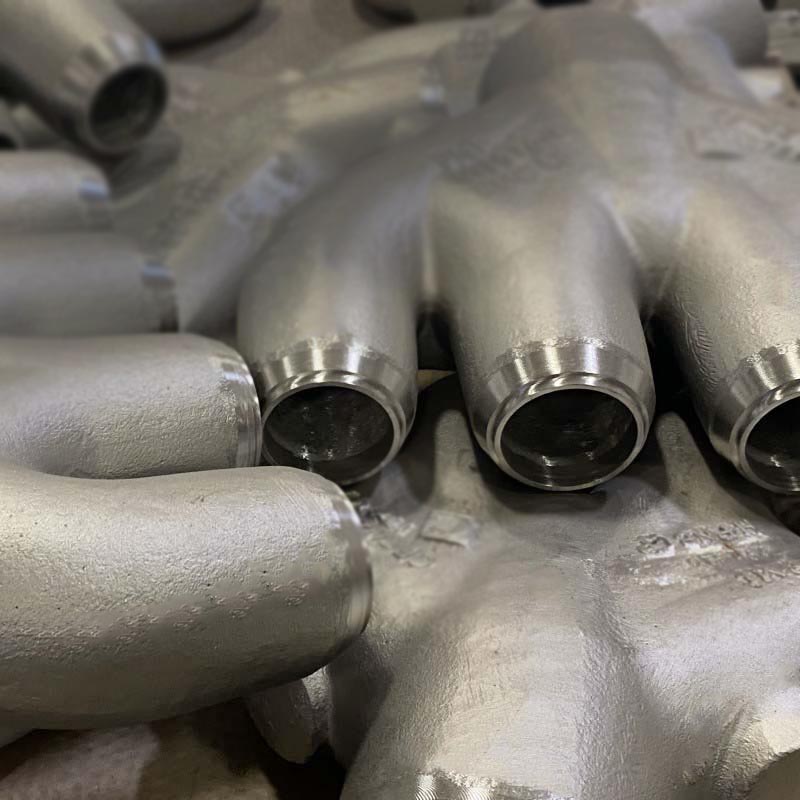Overview
CD5 is a non-deforming alloy specifically engineered to maintain dimensional stability under demanding conditions. This alloy exhibits exceptional resistance to wear and abrasion, ensuring long-lasting performance and minimal dimensional changes even when subjected to friction and repetitive stress. Its inherent stability makes it a valuable choice for applications where precision and dimensional accuracy are critical, such as gauges, fixtures, and components in high-precision machinery. CD5's ability to resist wear and maintain its shape under stress ensures reliable and consistent performance over time, making it a preferred choice for applications demanding dimensional stability and durability.
Typical Uses
Forming rolls and dies, slitter blades.
MetalTek Designation
MTEK D5
Poured At:
Wisconsin Centrifugal Division, Wisconsin Investcast Division
Similar Specifications
Cast UNS: T90405
Wrought UNS: T30405
Wrought Grade: AISI D5
Cast Grade: CD5
Cast ASTM: A597
Typical Chemical Composition (% by wt.)
Aluminum: n/a
Carbon: 1.35-1.60
Chromium: 11.0-13.0
Manganese: 0.75
Iron: n/a
Copper: n/a
Nickel: 0.40-0.60
Lead: n/a
Tin: n/a
Silicon: 1.5
Zinc: n/a
Other: Mo 0.70-1.20; V 0.35-0.55; Co 2.5-3.5
Minimum Mechanical Properties
Heat Treatment: Anneal
Frequently Asked Questions
Tool steel alloys are high carbon chrome steels containing molybdenum, cobalt and/or vanadium. Certain tool steels are engineered to withstand repeated high loads and impacts at ambient temperature with exceptional wear resistance.
Used in cutting tools, dies, molds, drills, punches, and industrial machinery components requiring wear and impact resistance.
Major types include water-hardening, cold-work, shock-resistant, high-speed, and hot-work tool steels.
Tool steel is hardened using heat treatment: heating to a specific temperature, quenching, and tempering to achieve desired hardness and toughness.



